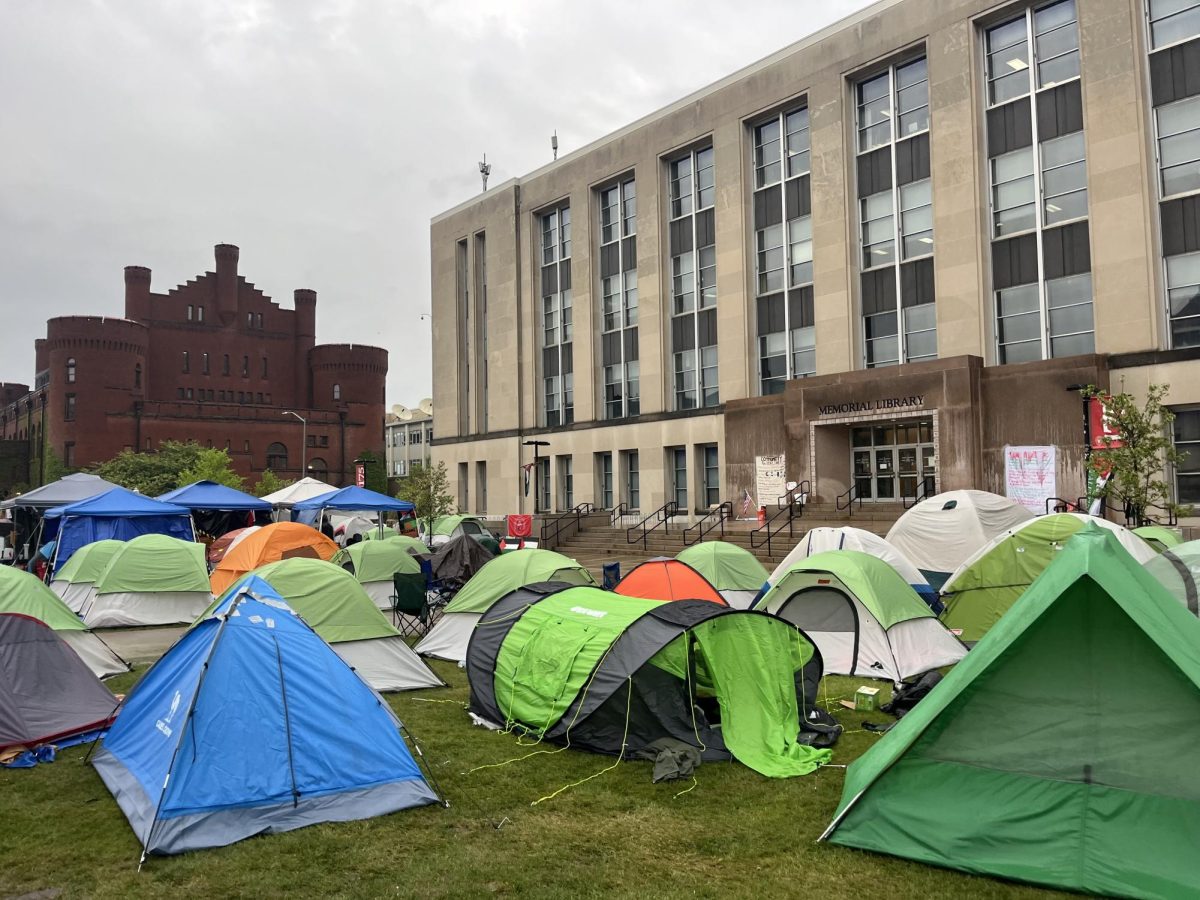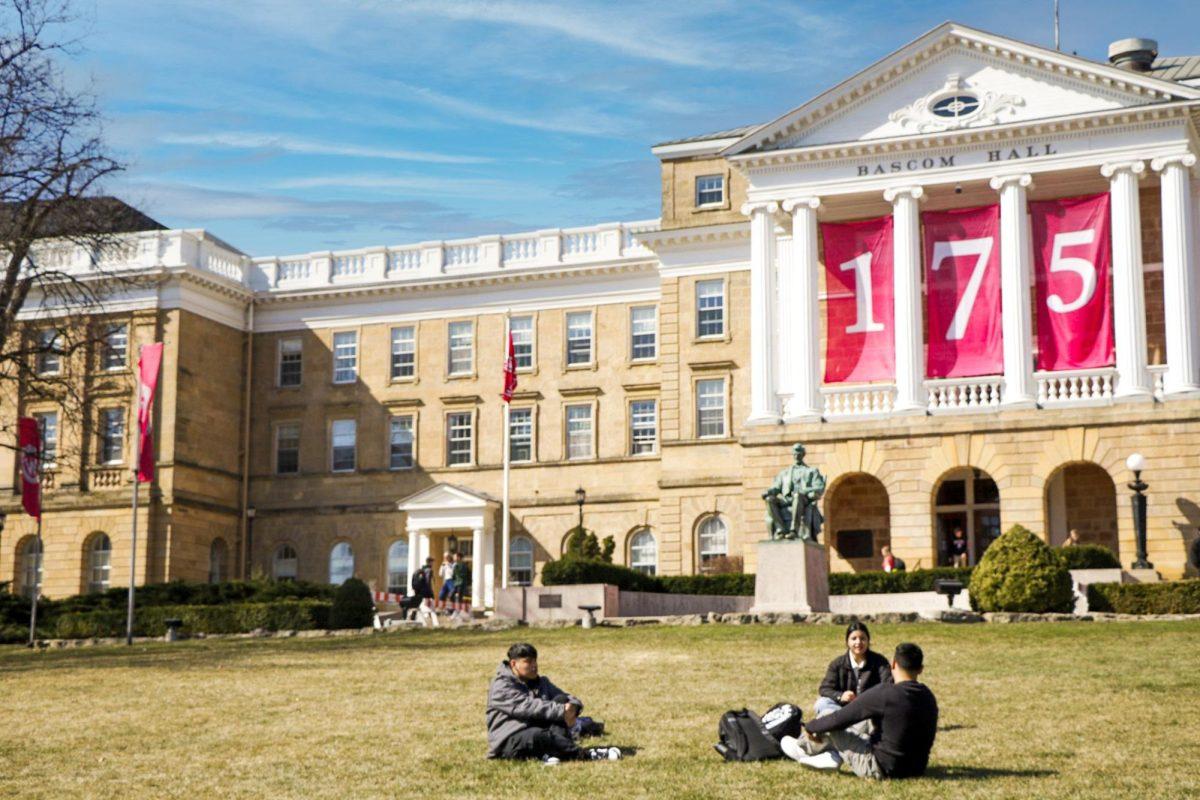A University of Wisconsin professor recently received one of NASA’s highest public service honors for non-government employees for his collaborative work with astronauts, military and industrial leaders.
UW nuclear engineering professor Gerald Kulcinski was awarded the prestigious NASA Exceptional Public Service Medal for his service on NASA’s Advisory Council, a UW statement said.
NASA Director Charles Bolden gave the award in recognition of Kulcinski’s leadership on the council from 2005 to 2009.
Kulcinski served as an adviser for nuclear power in space and chaired the human resource committee on a body that weighs NASA’s operating obstacles and plans for future missions.
He said his work on the committee focused on education, working with small businesses and bringing a younger generation of workers to the NASA workforce. The committee makes recommendations to NASA administrators based on close collaboration with personnel.
“The average age of a NASA worker is over 50. I think this is unhealthy. Younger people have a different way of thinking,” Kulcinski said in an e-mail to The Badger Herald. “They don’t know failure yet and are ready to take chances.”
Kulcinski said his experience serving on the committee gave him a wide-ranging and detailed understanding of NASA’s inner workings.
Kulcinski’s work on the council required nearly two months every year but has been a valuable foray in public service, which is a crucial part of employment with UW, the statement said.
He also said government and industry officials will often call on universities to provide a more objective analysis on contentious issues.
The administrative body often served as a liaison between mechanical staff and higher governing bodies, he said, so staff members were able to more freely voice their concerns with committee members.
Kulcinski began his involvement with NASA in the 1980s when he and a group of colleagues were researching possible sources for a long-term, non-radioactive source of energy, the statement said.
Years later, he won his first honor, the NASA Public Service Medal, for the discovery of an extremely rare isotope that could provide the sustainable energy source.
An Apollo space mission found large amounts of the isotope are present on the Moon, a finding that provided momentum for the founding of undergraduate research programs at UW in the emerging field, he said.
Kulcinski added the program has garnered attention from astronaut and former UW professor Harrison Smith. Smith was a part of the Apollo 17 mission and the last man to be on the Moon.
He also helped establish UW’s Wisconsin Center for Space Automation and Robotics, an organization he said has provided NASA with ideas and hardware to use for missions and experiments.
“WCSAR-developed payloads have successfully flown 10 missions on the U.S. Space Shuttle, one mission on the Russian MIR space station and three missions on the International Space Station,” the statement said.
Kulcinski said WCSAR researched long-term energy usage in space, the prospect of growing sustainable food in space and developing robots to perform tasks that could are otherwise dangerous to humans, though funding for the agency has since been discontinued.














